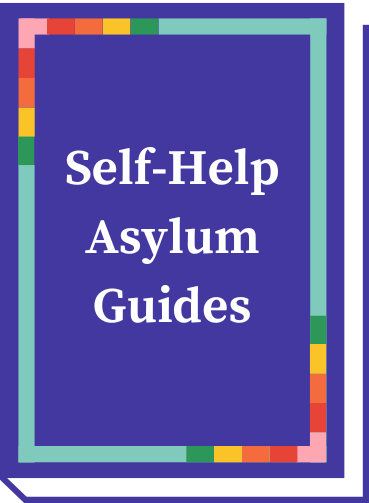10. Safe Third Country
The information contained herein is for reference only and may not be up to date. It does not constitute legal advice. You should always consult an attorney regarding your matter.
In December 2004, the United States and Canada agreed to begin the implementation of the Safe Third Country Agreement between the two countries.
As a result, most asylum-seekers must apply for asylum in whichever of these two countries they land in first. That is, an asylum-seeker who travels through the United States and wishes to seek asylum at the Canadian land border will be turned back and told to pursue their claim in the United States, and vice versa. If an asylum applicant loses their claim in the United States and hopes to file a new claim in Canada, as was fairly common a few years ago, they will be unable to do so.
There are several exceptions to the Safe Third Country Agreement. These include:
- Applicants seeking asylum within the borders of the country. The Agreement only applies along the land border; those who enter by air or sea may still seek asylum in the other country;
- Applicants who have a valid visa or do not require a visa to enter the other country may still pursue asylum in the second country;
- Unaccompanied minors may seek asylum in either country;
- Applicants with family members in the other country who are citizens, residents, students, refugees, asylees, or have asylum applications pending. For this exception, family is broadly defined to include:
- Parents (including legal guardians);
- Grandparents;
- Uncles and aunts;
- Children;
- Grandchildren;
- Nieces and nephews;
- In Canada only: “Common law partners” which is defined as a person of the same or opposite sex with whom the individual has resided in a conjugal (romantic) relationship for at least one year. Although most aspects of the agreement are reciprocal, the United States does not allow a foreign national who traveled through Canada an exception based on his or her “common law partnership” with an American.
For all others who do not fall within one of the above exceptions, they can only pursue asylum in the country in which they first landed.
This Manual is intended to provide information to attorneys and accredited representatives. It is not intended as legal advice. Asylum seekers should speak with qualified attorneys before applying.
The information contained herein is for reference only and may not be up to date. It does not constitute legal advice. You should always consult an attorney regarding your matter.
This handbook is intended for use by pro bono attorneys and immigration attorneys working on LGBTQ/HIV asylum cases.
Detention Hotline
If you are in detention, call:
(917) 654-9696 | M-W 9:30 - 5:30pm & Th 1:00 - 5:30pmCalls from people outside of detention will not be accepted.
